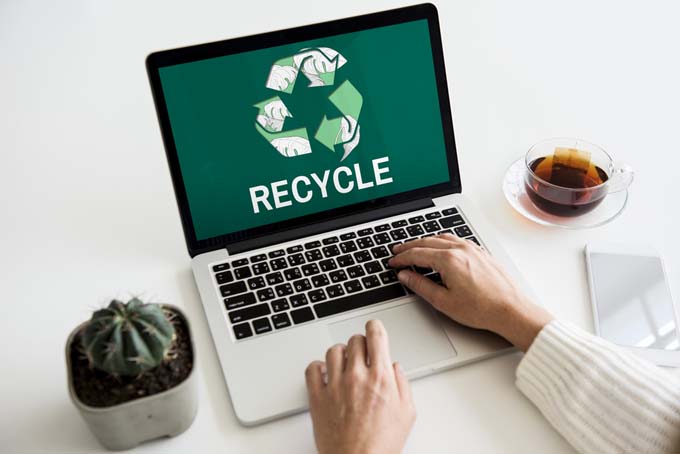How to win customers for sustainable services
A study by HSLU and HTW shows that customers want to be addressed on an emotional level - and will not compromise on benefits.

Buy your own car or become a member of a car-sharing provider? Purchase conventional electricity or spend a little more on solar power? Stuff everything in the trash bag or drive to the recycling center and dispose of the goods separately? If you want to use a sustainable service, you have to change your behavior - and, in most cases, take on an extra expense. "That's why the design and marketing of sustainable services is particularly challenging for companies," says business economist Uta Jüttner of the Lucerne University of Applied Sciences and Arts.
What do the companies have to pay attention to? What expectations do customers have? The Lucerne University of Applied Sciences and Arts and the HTW Chur University of Applied Sciences and Arts have addressed these questions in a research project.
Benefits, emotions and values - all three levels must be right
The research team conducted 52 interviews with customers, members of management and employees in customer contact at all four partner companies. Then the statements were verified in writing in a survey with over 620 customers of the project partners. Finally, three points emerged on how to motivate customers on the levels of "benefits," "emotions," and "values" - all of which are equally relevant:
First of all, the benefit, i.e. the so-called core service, must be right. "Consumers don't make any compromises here," says project manager Uta Jüttner. For car sharing, this means that customers want to get from A to B quickly and conveniently. And they also demand an uninterrupted supply of solar power. The benefits also include good customer service with personal advice. On the other hand, they are more willing to compromise on price. However, the study did not determine what differences customers are willing to pay.
Secondly, it is important that customers associate positive emotions with the offer: They need to trust the company - this can be achieved with trial subscriptions, test opportunities or cooperation with a well-known partner. But it is also about the emotions of the customers when they use the service: For example, the feeling of belonging to a group can be strengthened when other customers report on their positive experiences on social media. At the same time, this exchange helps to generate enthusiasm and eliminate any doubts. Finally, the principle that surprising marketing measures can be used to generate enthusiasm also applies to sustainable services: For example, starting in the summer, the partner company Schwendimann will reward particularly committed "recycling behavior" on the part of its Werkhof visitors: A disposal point system with benefits for customers is to be introduced.
Thirdly - and as an obvious feature of sustainable services - it is central that companies address customers' understanding of values. "Customers want to see their personal values confirmed: By using sustainable services, they want to make an active contribution to society and to environmental protection," says Uta Jüttner. It is not only altruistic values that need to be taken into account. The study shows that customers want to express their openness to innovations by using sustainable services. "The offers should therefore by no means be charged with the image of 'fun and games spoilers'; rather, they must confirm the customers' self-image as innovation-promoting consumers," says the project manager.
Design service according to the needs of customers
Based on these findings, the Lucerne University of Applied Sciences and Arts and the HTW Chur have developed a toolbox to support companies in designing their sustainable services according to the needs of their customers. At the center is a web-based self-test for companies. This shows them whether and on which of the three levels "benefits", "emotions" and "values" there is a need for action. To enable the companies to improve their offering, they are then provided with tools to accompany the service design processes.
The "service wheel" is used by companies to generate ideas on how the functional benefits of sustainable service and customer service can be improved. The "emotion map" is used to determine the extent to which customers trust the company and the service and whether it succeeds in arousing their enthusiasm for the offering. The "value house" management tool, in turn, aims to establish the relationship between the service and the values of the target group.
The web-based test for companies to self-assess the quality of sustainable services is freely available at www.sustainable-services.ch.









